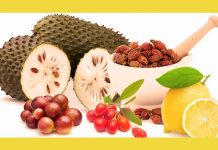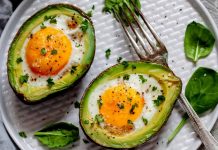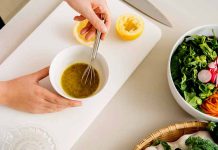
What Should Breastfeeding Mothers Consume – The Reality Check

WHO states that breastfeeding is as good for the mother as it is for the infant. Breast milk has all the nutrients that infants require in the first six months of their life. Breastfeeding forms a protective shield against common childhood illnesses like diarrhea, pneumonia, allergies, asthma, diabetes, respiratory infections and cancer.
You must be careful of the foods you eat while you are on breastfeedin as it would have an impact on the baby as well. So, you must ensure that you consume the daily requirements of all the nutrients. As such, we cannot list out a food that must be prohibited by all mothers.
Generally, milk supply does not depend on diet, and human lactation is resistant or tolerant to acute calorie insufficiency. But, if the diet of the mother is not adequate, the nutritional profile of the mother will be affected.
Incidentally, there may be myths [1] around some types of foods, which cause the mothers follow a strict diet. This further makes them not being able to receive the appropriate dosage of nutrients, ultimately causing an imbalance. Severe starvation for long can compromise the production of milk in women.
What you eat has an impact on the composition of breast milk. Breast milk has a flavor profile. Foods consumed during breastfeeding and pregnancy flavor the milk and amniotic fluid.
The calorie intake for breastfeeding mothers should be between 1800-2200 in a day and they must also drink enough water to remain hydrated.
Since protein builds cells, breastfeeding moms should include protein in their diet. Consuming galactagogues food in good quantities will increase blood supply.
Some myths that new moms should be aware of
Coffee:
It is okay and safe to have caffeine when you are breastfeeding. Although the caffeine moves to the breast milk, research suggests that the amount is no more than 1% of what you consume.

Alcohol:
Moms can drink a glass of wine after a session of breastfeeding and then, wait for up to 4 hours before you go for the next feed. A 4-hour gap is enough for alcohol to pass through the system. Some moms express breast milk prior to consuming alcohol and use the milk for feeding the baby while having a glass of wine.
As per the American Academy of Pediatrics, breastfeeding mothers should not breastfeed when they are drinking or immediately after drinking[2]

Citrus Fruits:
These are good sources of vitamin C and are just perfect during breast feeding. Mothers should not restrict such an important nutrient. If you feel they are causing some issue, you may replace citrus fruits with other foods like papaya, strawberry, mango, leafy greens and pineapple.
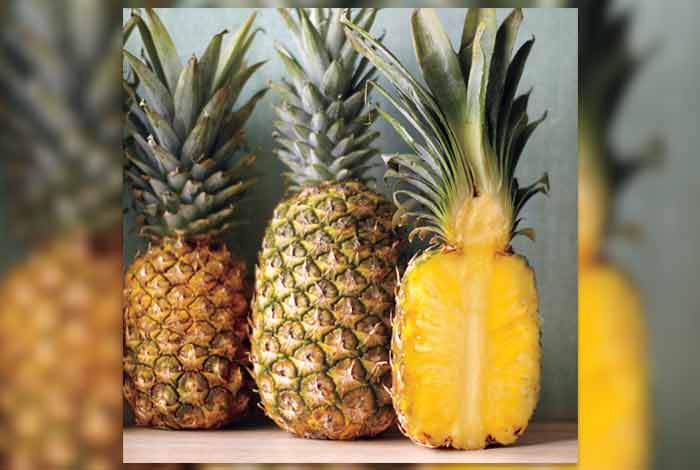
High Mercury Fish:
These fish diets should be followed mostly during pregnancy as the U.S. FDA says that women, who breastfeed should not eat swordfish, king mackerel, shark and tilefish as these contain mercury in high amounts. You can eat it in moderation without exceeding two servings in a week.
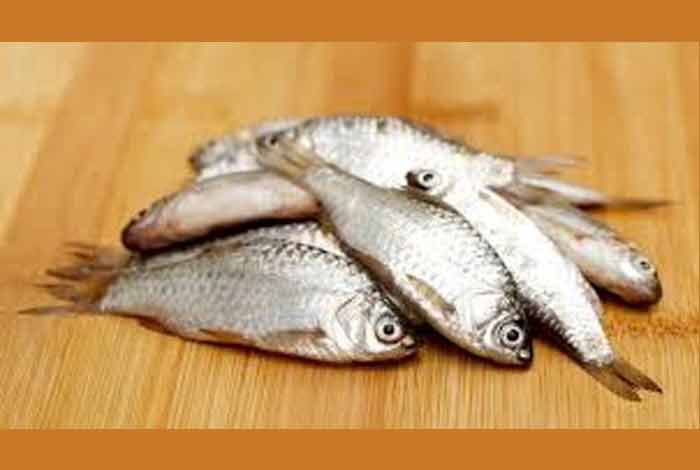
There are some myths around foods like garlic, methi and shatavari that help increase the production of milk, but the studies regarding this are limited. There are medicines like domperidone, which aid in increasing the supply of milk and also assist in inducing lactation.
The mothers should avoid processed foods having additives and preservatives[3] that are certainly not good for the baby. Also, foods high in fats content like junk food and sugar fall into the same category. New moms do not need to go on special diets. They only need to be healthy. They must focus on right nutrition for themselves and their little ones.


